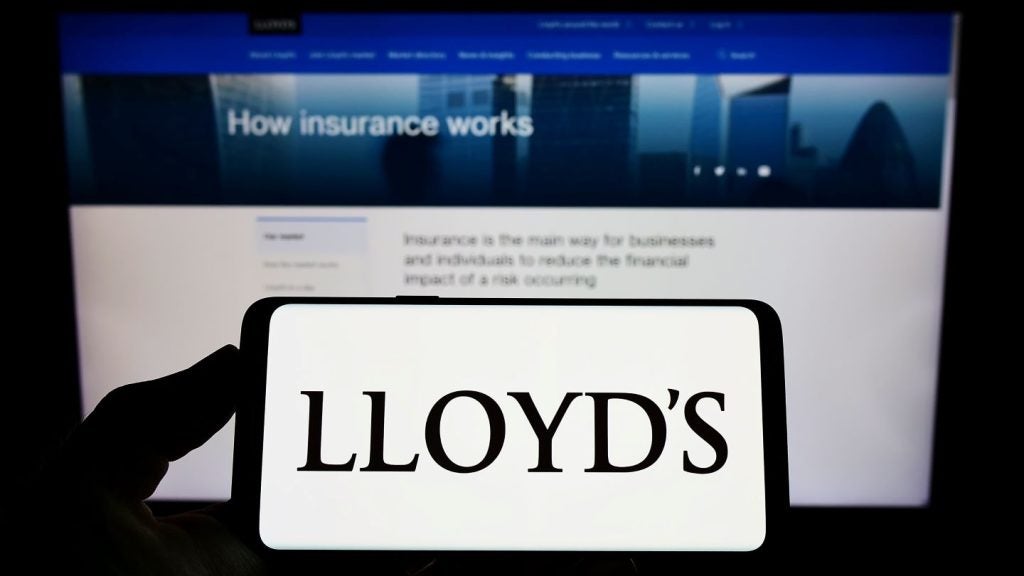It has been four years since P&C insurtech firm Lemonade launched and six months since founder Dan Schreiber announced an expansion into Europe. But what is coming next? Ben Clover writes
Details have been thin on the ground so far but there have been warnings that the innovative firm could quickly change the UK insurance market if it sets up shop in the country.
Lemonade’s USP is that it takes only a 20% flat-fee from premiums, setting aside the rest to cover claims and make a donation to a charity of the policyholder’s choice.
Its other proud boasts are its simplicity of use, chatbots, lack of jargon-y contracts, and the speed of payouts. In its January report, Lemonade said one of its AI systems had paid out $1m in claims without human supervision. It is also famous for getting some claims payments out within minutes.
So where is the US-based firm at now?
Lemonade is the insurtech turning heads
The firm’s regular blog reported this January that it had brought its loss ratio below 100% at the end of 2018 – a big win for a firm that had a ratio as high as 166% in 2017%. On May 6 2019, the company reported it had reached 87%.
Dan White, managing director of Ninety Consulting, believes the traditional market had been “nit-picky” about the company’s ratio but that Lemonade “are not behaving (nor seeking valuations) like an insurer with great tech, but rather like a tech company with neat insurance products”.
“Insurers fail to see this,” he says. “Remember Spotify made a loss every year until its $26.6bn IPO”.
Part of the Lemonade offer is lower costs through chatbots – the customer facing one is called AI Jim – but White believes there might be a little way to go in improving the interface.
“The grapevine tells me that Lemonade’s claims NPS is surprisingly low,” he says. “For my money, this is a result of replacing human empathy with a chatbot.
“There was a great LinkedIn exchange recently between [co-founder] Shai Wininger at Lemonade and a customer, who was standing ankle-deep in flood water in his home, bashing Lemonade for making him talk to an emotionless AI when he needed support.”
However rare incidents like this are, it is unfortunate for a company committed to “providing a shockingly great claims experience through empathy, transparency, availability, and speed”.
A Lemonade spokesperson said the company tracks its NPS score daily and that “At over 70 we’re seeing customer satisfaction levels unheard of in insurance, and usually the preserve of venerable companies like Apple.
“There are always areas we can continue to improve in, and we transparently talk about it in our Transparency Chronicles.”
Wininger says in his most recent blog post: “These days most of our attention goes to responsiveness, while applying our usual (big) dose of empathy and love.”
Darlings?
Overall though, the firm remains “the darlings of insurance industry”, according to White, and what opprobrium they do attract comes “out of jealous indignation”.
The jealousy might have kicked up a gear when news of the company’s investors ploughing a further $300m into it surfaced last month.
Softbank led a Series D with some media outlets reporting a valuation of more than $2bn, the Japanese bank, having led the previous round of venture capital funding also.
Although there is some scepticism this side of the Atlantic about whether the company can be worth that much yet, it is still widely tipped to disrupt UK insurance soon.
Nick Pester, head of insurance and insurtech at Capital Law, says: “Personally, I think $2bn is over the top. That puts them at a market cap which is almost half that of well-established general insurance players like Direct Line Group and Hiscox.”
However, he notes that valuations in America tended to be more optimistic than the UK. Lemonade made no comment on the reported valuation.
Either way Lemonade’s position as frontrunner should stand it in good stead, he adds.
“Lemonade have probably benefitted from the recent increase in interest in this sector. When we started out in 2017 they were one of only a handful of companies that were seriously operating in this area.
“There’s a big advantage in being first to market, sometimes it’s so great that the product itself is not quite so important.”
While insurtech Lemonade provides home and contents insurance, Pester believes that the major impact on the market will come when firms start offering digital commercial insurance products at scale.
Zego is already in this space, offering insurance to delivery drivers and couriers, and has raised £6m ($7.8m) in 2017.
But larger scale disruption to Lloyds of London is still two to three years away, Pester says.
“Insurtech has really had the largest impact on the general insurance market – we have not seen so much of an impact so far in commercial lines, albeit it’s starting to happen on the pricing and underwriting side,” he explains.
“Fundamentally though, there are still a number of insurers who don’t appreciate the urgency and have been slow to do anything. Given the pressures the market is already under I don’t think they can carry on that way.”
He said some insurtech clients who were looking to work with traditional carriers are becoming frustrated at the pace of doing business.
“The more successful, established insurtechs are starting to say ‘if we can’t rely on the market to provide what we need we will find capital elsewhere, whether through setting up our own carrier or sourcing it from a VC or hedge fund’,” he says.
An insurtech applying for its own UK carrier licence is still likely before the end of this year, he believes, but a subject rarely out of the news might see such an application take up to 12 months to get through the system.
Preparations for Brexit have seen insurance firms swamp the Prudential Regulation Authority with applications for Part VII transfers of existing books of business.







